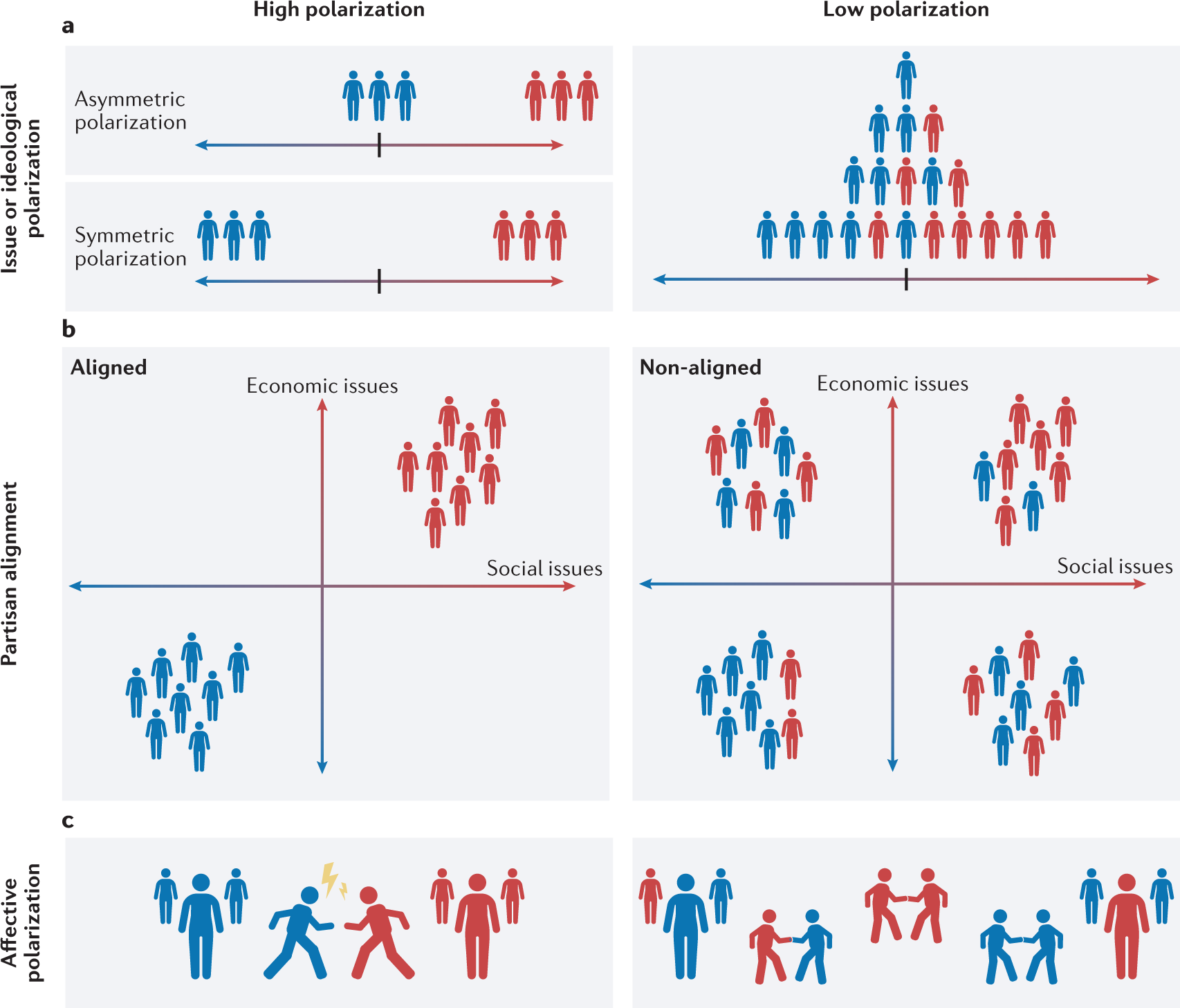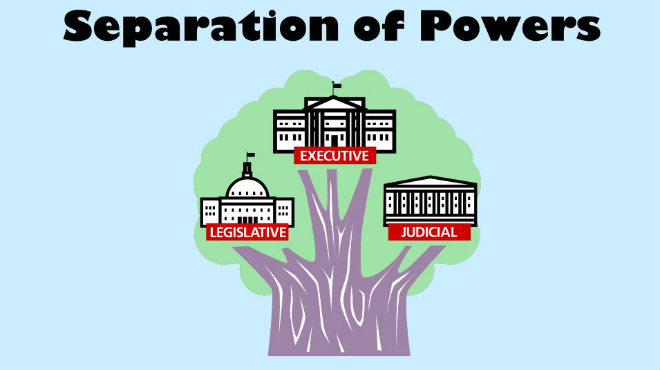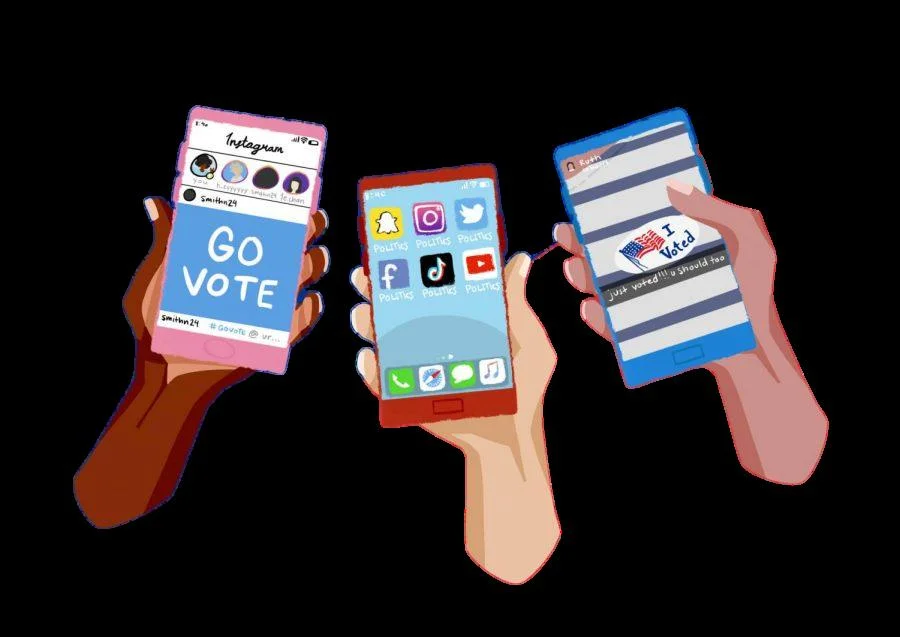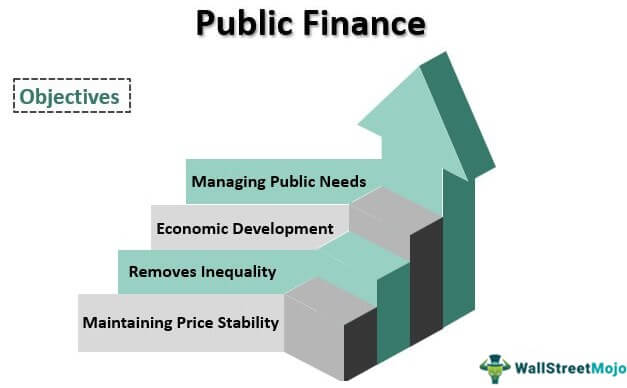Political Polarization Impact on Democracy
Explore the political polarization impact on democratic governance and social cohesion. Learn how it affects society

The Impact of Political Polarization on Democratic Governance and Social Cohesion
In recent years, political polarization has become an increasingly pervasive issue in democratic societies across the globe. It is a phenomenon where political discourse becomes deeply divided along ideological lines, often resulting in intense partisan conflicts. While some level of political diversity is intrinsic to democracies, extreme polarization can have detrimental effects on democratic governance and social cohesion. This blog post aims to analyze the impact of political polarization on these vital aspects of society.
The Nature of Political Polarization
Political polarization can be broadly defined as the division of a society or political system into two or more sharply contrasting groups or ideologies. This division typically occurs along party lines, with each side viewing the other as not just opponents but as existential threats to their values and beliefs. The key features of political polarization include:
Us vs. Them Mentality: Polarized societies tend to view political matters as a zero-sum game, where one side's gain is the other's loss. This mentality often results in uncompromising positions and a lack of cooperation between political parties.
Echo Chambers: With the advent of social media and personalized news algorithms, individuals are increasingly exposed only to information that confirms their pre-existing beliefs. This reinforcement of one's own perspective can deepen polarization by minimizing exposure to opposing viewpoints.
Negative Partisanship: In polarized environments, individuals may be more motivated by animosity toward the opposing party than by support for their own. This leads to a focus on defeating the other side rather than pursuing constructive policy goals.
Impact on Democratic Governance
Gridlock and Inefficiency: Extreme polarization can lead to legislative gridlock as politicians prioritize partisan interests over the needs of the people. This results in a failure to pass important legislation, which can hamper economic progress and social welfare.
Erosion of Trust: As political polarization intensifies, trust in democratic institutions and politicians can erode. Citizens become disillusioned with their government's ability to address critical issues, leading to a decline in civic engagement and voter turnout.
Policy Stagnation: Polarization can hinder the formulation of innovative policies that address complex, multifaceted issues. Policymakers are often unable to find common ground, resulting in a stagnation of policy development.
Impact on Social Cohesion
Social Fragmentation: Extreme polarization can seep into society at large, causing divisions among friends, families, and communities. Social interactions become strained, as individuals may avoid discussing politics with those holding opposing views.
Increased Hostility: As political polarization escalates, it can fuel hostility and even violence between different groups. This is particularly concerning when combined with the rise of extremist ideologies.
Diminished Sense of National Identity: A deeply polarized society may struggle to maintain a shared sense of national identity and unity. People may identify more strongly with their political tribe than with their nation, which can fragment society.
Mitigating Political Polarization
While political polarization presents significant challenges to democratic governance and social cohesion, there are strategies to mitigate its effects:
Promoting Civic Education: Encouraging critical thinking, media literacy, and civic education can help citizens navigate a polarized information landscape and engage in more informed political discussions.
Electoral Reform: Some electoral systems, such as ranked-choice voting, can encourage moderation and reduce the influence of extreme factions within political parties.
Cross-Partisan Initiatives: Encouraging cooperation and dialogue between political parties can foster compromise and reduce polarization. Initiatives like bipartisan committees can help find common ground on key issues.
Media Responsibility: Media outlets can play a pivotal role in addressing polarization by promoting balanced reporting and avoiding sensationalism that fuels division.
The Role of Leadership
Leadership plays a crucial role in either exacerbating or mitigating political polarization. Political leaders have the power to set the tone for political discourse and can choose to promote unity or deepen divisions. Here's how leadership can impact political polarization:
Tone Setting: Leaders can set a tone of civility and cooperation or one of hostility and partisanship. When leaders engage in respectful dialogue with political opponents, it sets an example for others to follow.
Bridge Building: Leaders who actively seek to bridge the gap between ideological divides can help reduce polarization. Encouraging bipartisan initiatives and working collaboratively on critical issues can lead to more effective governance.
Messaging: The language used by leaders matters. Inflammatory rhetoric, name-calling, and personal attacks can further polarize society, while constructive communication fosters understanding and compromise.
Accountability: Holding leaders accountable for their actions and statements can help discourage polarizing behavior. A robust and independent media, as well as an engaged citizenry, can play a role in this regard.
The Global Perspective
Political polarization is not limited to a specific country or region; it is a global phenomenon. The impact of polarization on democratic governance and social cohesion varies from one nation to another, depending on historical, cultural, and political factors. However, several commonalities exist:
Globalization: The interconnectedness of the modern world, driven by globalization, means that polarization in one country can have ripple effects in others. Ideas, information, and even extremist ideologies can easily cross borders.
Challenges to International Cooperation: Polarized nations may find it difficult to cooperate on global challenges such as climate change, terrorism, and pandemics. The lack of consensus hinders effective international action.
Authoritarian Exploitation: Some authoritarian regimes exploit polarization in democracies by amplifying divisions through disinformation campaigns and cyber warfare. This can weaken democratic institutions and sow discord.
The Way Forward
Addressing political polarization requires a multifaceted approach that involves individuals, communities, leaders, and institutions. Here are some strategies for moving forward:
Promote Dialogue: Encourage open and respectful dialogue between individuals with differing views. Engaging in conversations with empathy and active listening can help bridge divides.
Media Literacy: Educate people about media literacy and critical thinking. Teach individuals how to discern credible sources from misinformation and disinformation.
Strengthen Civic Education: Enhance civic education in schools to equip future generations with the skills and knowledge necessary for active and informed citizenship.
Electoral Reform: Consider electoral system reforms that encourage political parties to appeal to a broader range of voters and discourage extremism.
Support Centrist Movements: Support centrist political movements that prioritize compromise and moderation over extreme ideologies.
Encourage Grassroots Initiatives: Grassroots efforts that bring together people from different backgrounds and political affiliations can foster social cohesion at the community level.
Hold Leaders Accountable: Demand accountability from political leaders for their actions and statements. Support leaders who prioritize unity and bipartisanship.
Political polarization poses a significant challenge to democratic governance and social cohesion, but it is not insurmountable. By recognizing the detrimental effects of polarization and taking proactive steps to mitigate them, societies can protect the foundations of democracy and promote greater unity. It is imperative that individuals, leaders, and institutions work together to bridge ideological divides and ensure that democratic principles prevail in an increasingly polarized world. Only through collective effort can we build a more inclusive and cohesive society that values diversity of thought while upholding the principles of democracy.
What's Your Reaction?
















